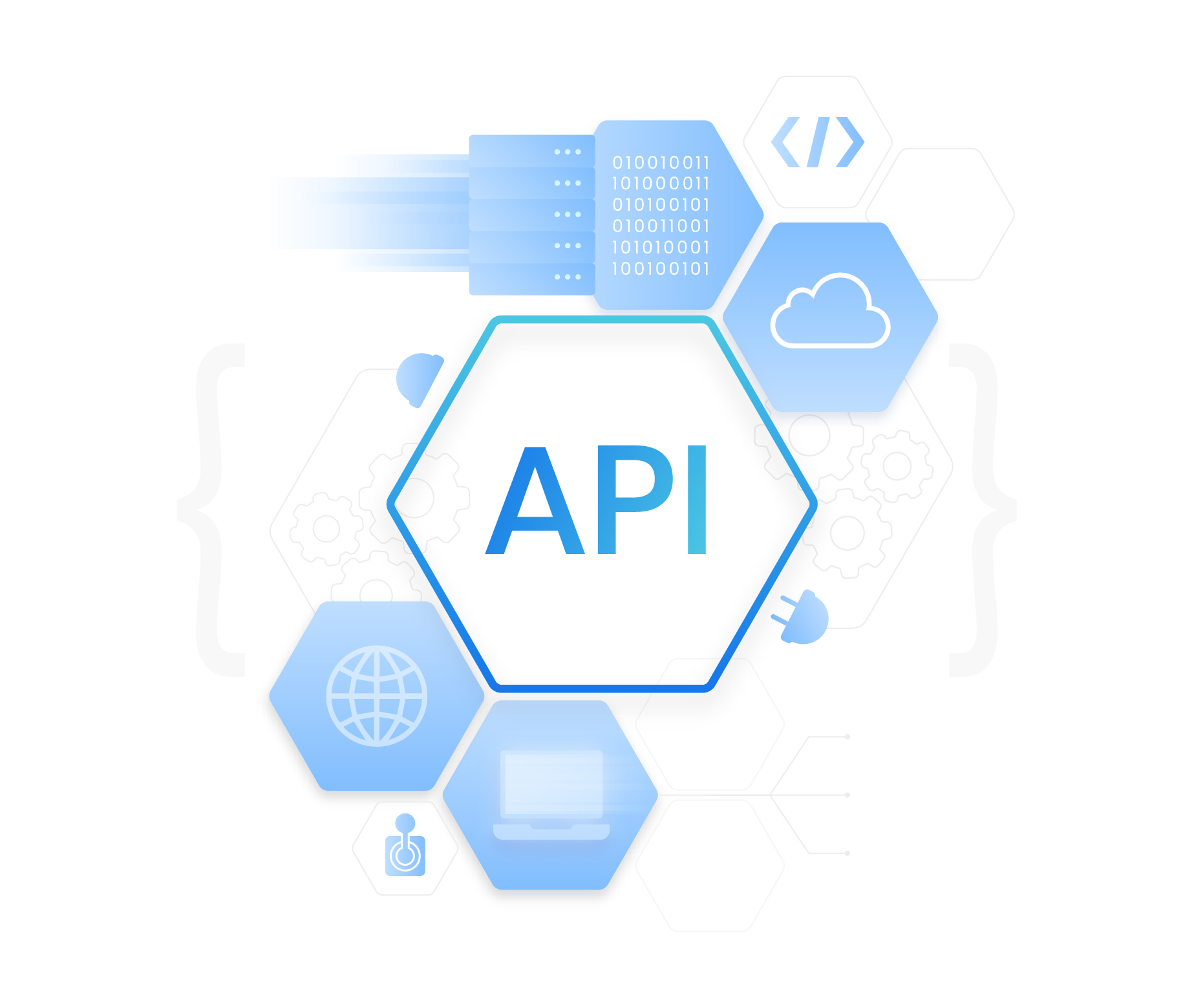Blog
Decoding the BOT mandate: Key regulatory changes non-bank lenders can't ignore
By NETSOL Technologies, on August 15, 2025
Thailand’s auto leasing market faces a major regulatory shift. Learn how BOT-ready solutions like Transcend Finance can turn compliance into a competitive advantage.

Thailand’s auto leasing and hire-purchase market is undergoing a historic regulatory transformation. This sector, previously one of the most lightly regulated corners of Thailand’s financial ecosystem, faces an unprecedented mandate from the Bank of Thailand (BOT) that will redefine the operating landscape for over 3,000 non-bank lenders managing an estimated 1.6 trillion baht in outstanding credit, meanwhile, household debt hit 88.4% of GDP.
Add to that a softening auto market, auto hire purchase loans were projected to contract ~5.5% in 2024 as new car sales dipped toward 600,000 units, tightening margins even before compliance costs spike.
For years, many non-bank players thrived with minimal oversight, but the new regulatory regime now brings these businesses squarely under the Financial Institution Business Act, introducing rigorous requirements for transparency, consumer protection, and operational compliance.
Exec view
- Royal Decree signed 5 June 2025; enforcement starts 2 December 2025. Auto hire purchase and leasing for cars & motorcycles now fall under the Financial Institution Business Act (FIBA) and direct Bank of Thailand (BOT) supervision.
- >3,000 non-bank providers currently handle about one-third of the country’s 1.6 trillion-baht auto loans; they must register, disclose fees, standardize reporting, and comply or exit by early 2026.
- The push is rooted in Thailand’s household debt at ~88.4% of GDP (16.4 trillion baht) by end 2024, among Asia’s highest.
- BOT will cap/monitor rates, fees, down payments; require BOT-approved contract structures; and demand accurate, auditable records.
- September–November 2025: Notifications, public hearings, and BOT sub rules; Q1 2026: end of registration window, non-compliant firms risk forced exit.
- Opportunity, not just threat: Those who operationalize transparency and automation early will win trust, scale faster, and avoid margin erosion from manual compliance.
- Transcend Finance (NETSOL): BOT-ready templates, APR/fee calculators, auto-reporting packs, explainable AI for KYC/credit, bilingual UI, compliance embedded, not bolted on.
Why the BOT mandate? The context behind Thailand’s regulatory shift
According to recent data from the BOT, informal and unregulated lending practices were contributing to systemic vulnerabilities, including rising default rates and opaque contractual terms detrimental to consumers. The BOT’s new regulations aim to:
- Protect consumers by enforcing clear disclosure of interest rates, fees, and penalties
- Ensure fair lending by approving contract structures and forbidding hidden or predatory clauses
- Promote transparency through standardized, auditable financial reporting
- Centralize oversight via mandatory business registration and operational supervision
The scope is wide-reaching: all non-bank auto leasing and hire-purchase companies must comply by December 2025 or face penalties including license revocation and forced market exit.
Who’s covered (and who isn’t)
1. Covered (“activity-based”)
- Any juristic person regularly conducting car/motorcycle hire purchase or leasing.
2. Explicitly exempt
- Licensed financial institutions & SFIs (already regulated)
- Cooperatives
- Individuals/non-juristic operators
What are the key regulatory changes non-bank lenders must know?
1. Mandatory regulatory oversight
All auto leasing and hire-purchase businesses now fall under the Financial Institution Business Act. This means formal supervision by the BOT, which has the authority to issue binding rules, conduct inspections, and enforce caps on interest rates, down payments, and fees.
2. Transparent pricing requirements
Interest rates, service fees, penalties, and charges must be clearly disclosed to customers in all communications. Moreover, these disclosures must be reported regularly to the BOT to ensure compliance and market fairness.
3. Standardized financial reporting
Companies must maintain accurate, auditable accounting records aligned with Thai GAAP and international financial standards. Financial statements must be submitted to the BOT periodically, creating a transparent financial ecosystem.
4. Consumer protection rules
Contracts must adhere to BOT-approved templates with fair benefit calculations. Hidden charges, predatory clauses, or unfair contract terms are strictly prohibited, protecting consumers from exploitative lending practices.
5. Operational supervision and business registration
The BOT is empowered to inspect businesses, enforce interest rate caps, and require formal registration of all auto leasing and hire-purchase entities. Lenders must notify the BOT by September 2025 and fully comply by December 2025, or risk being forced to exit the market.
6. Enforcement authority
BOT can enter premises, demand data, issue warnings/cease orders, and temporarily suspend part or all operations for serious harm. Directors/managers can be personally liable under FIBA penalties.
The risk of standing still
Regulatory risk: License revocation, forced wind down, reputational damage.
Operational drag: Manual compliance results in higher cost per contract, slower time to cash, margin squeeze.
Losing customers: Customers may shift to providers offering faster, more transparent services.
Turning compliance challenges into a competitive advantage with NETSOL
As Thailand’s auto leasing and hire purchase market moves under BOT’s microscope, Transcend Finance gives you a head start. Built with configurable BOT-compliant templates, transparent pricing engines, automated regulatory reporting packs, Thai GAAP alignment, and bilingual (TH/EN) UI support, the platform embeds compliance into every workflow, not as an afterthought.
1. BOT-ready compliance infrastructure
- Configurable regulatory reporting tools to align with BOT requirements
- Built-in interest rate and fee disclosure templates ensure transparency
- Audit trails and standardized accounting templates compliant with Thai GAAP
2. Flexible and modular solutions for every business stage
- KYC process support through document collection, verifications, and validation, alongside quoting and credit assessment modules for rapid deployment
- Full contract lifecycle management platforms for end-to-end servicing and audit readiness
- Pricing engines and contract generators configurable for BOT’s interest rate caps and down payment rules
3. AI-powered productivity across the lending lifecycle
- Smarter credit decision-making and fraud detection at customer onboarding using AI
- Real-time KYC validation and compliance workflows to enhance productivity
- Risk profiling and real-time compliance monitoring to ensure regulatory readiness and operational efficiency
Conclusion
The BOT’s regulatory overhaul for Thailand’s auto leasing and hire-purchase sector marks a turning point. Non-bank lenders must urgently embrace compliance or face market exclusion. The challenges are significant, but so too are the opportunities to build consumer trust, reduce risk, and position for sustainable growth in a regulated environment.
With NETSOL Technologies’ AI-powered, BOT-ready Transcend Finance, lenders can transition seamlessly, simplifying compliance, accelerating lending decisions, and enhancing customer experience.
Whether you're a large lender managing thousands of contracts or a smaller non-bank institution looking to remain competitive, Transcend Finance helps you meet the mandate without slowing down operations. Trusted by global finance leaders and locally supported across APAC, Transcend Finance is your engine for growth, compliance, and modernization.
Related blogs

Blog
Future-proofing financial operations: Why API integration is key to scaling vendor partnerships

Blog
Transitioning to smarter dealership operations without disrupting sales

Blog



